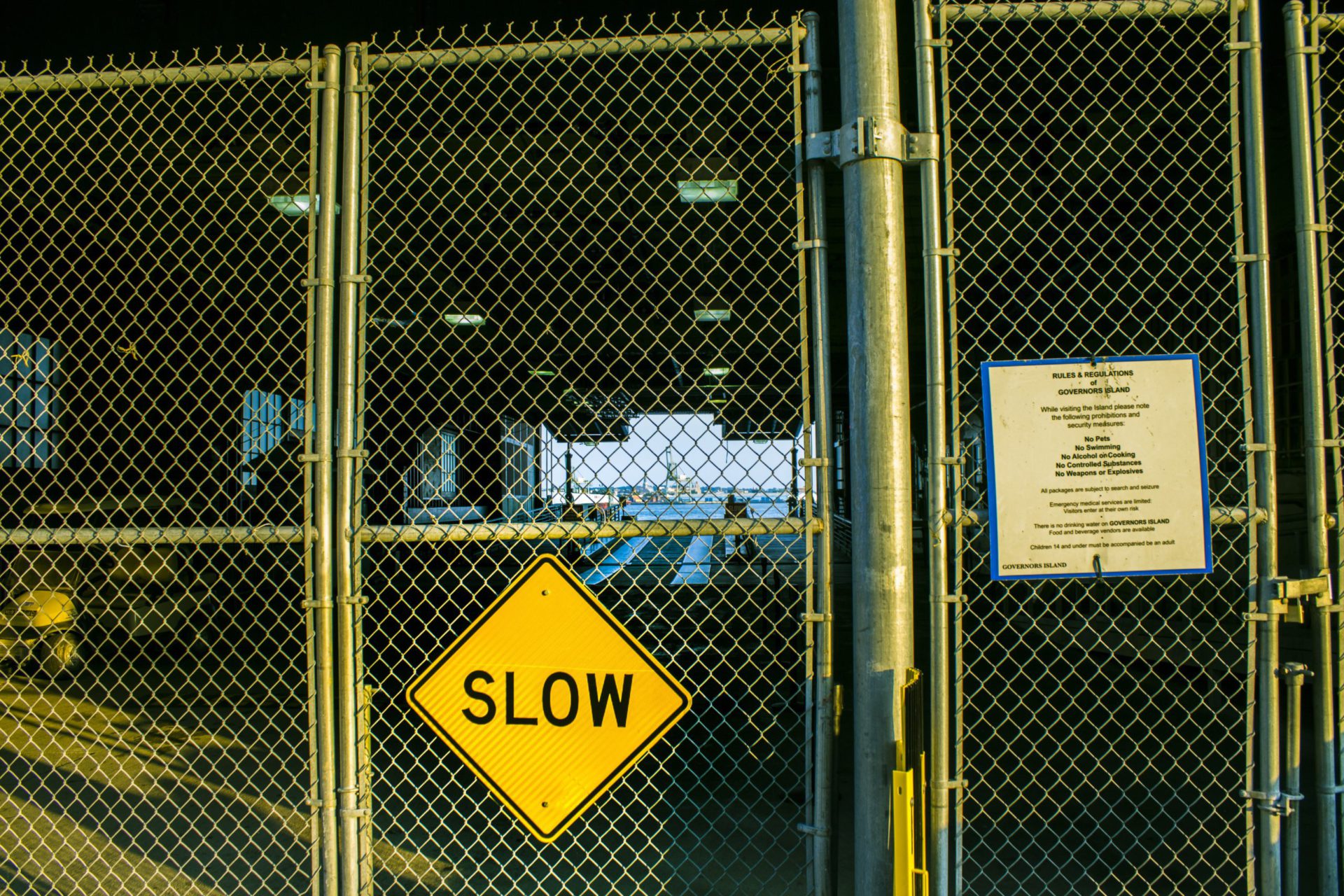Compliance Officers: Ensuring Ethical Practices and Regulatory Compliance
Occupations are varied and diverse, and some are less known but equally important. Compliance officers play a crucial role in ensuring that organizations adhere to legal and ethical standards. In a world driven by rules and regulations, these professionals safeguard businesses against unethical practices, financial risks, and potential legal issues. In this article, we will delve into the occupation of compliance officers, explore some examples of their job responsibilities, discuss the education and training required, ponder how one can progress in this field, and provide guidance for aspiring professionals.
Role of Compliance Officers
Compliance officers are employed by companies across various industries, from banking and healthcare to manufacturing and technology. Their primary responsibility revolves around ensuring that organizations comply with laws, regulations, and internal policies. Compliance officers act as internal watchdogs, monitoring activities, and policies to detect and prevent illegal or unethical behavior. Their work aids in minimizing risks, upholding the integrity of organizations, and protecting stakeholders’ interests.
Examples of Job Responsibilities
- Regulatory Compliance: Compliance officers ensure that organizations conform to federal, state, and local laws from industries such as finance, healthcare, or environmental protection.
- Anti-Money Laundering (AML) Compliance: These professionals work to prevent and detect money laundering activities within companies, adhering to guidelines provided by regulatory bodies.
- Privacy and Data Security Compliance: Compliance officers in this domain are responsible for safeguarding data privacy, ensuring compliance with regulations like the General Data Protection Regulation (GDPR).
- Ethics and Code of Conduct Compliance: In this role, compliance officers promote ethical decision-making and behavior within the organization, crafting and implementing policies that align with industry standards.
Education and Training
To embark on a career as a compliance officer, one must possess a solid educational background coupled with specific training. Most companies require a minimum of a bachelor’s degree in business administration, finance, law, or a related field. However, certain organizations might have additional academic requirements, such as a master’s degree in compliance or related fields.
Furthermore, professional certifications enhance the credibility of compliance officers. The most recognized certification in this field is the Certified Compliance and Ethics Professional (CCEP). Earning this certification requires passing an exam and demonstrating substantial knowledge and understanding of compliance practices and procedures.
Progression and Entry into the Field
The progression within the compliance officer field is often correlated with experience, education, and acquired certifications. Entry-level roles may involve tasks such as conducting compliance audits, reviewing policies, or training employees on regulatory requirements. As professionals gain experience and hone their skills, they may advance to mid-level positions where they oversee compliance programs, assess risks, and develop or update policies.
To enter the field as a new professional, gaining exposure to compliance-related tasks through internships or entry-level positions can be valuable. Networking with professionals already in the industry can provide insights and open doors to potential opportunities. Additionally, pursuing a relevant degree, certifications, or attending workshops and conferences can help build a strong foundation for a successful compliance career.
Conclusion
Compliance officers play a pivotal role in today’s business landscape, ensuring that organizations adhere to ethical practices and stay in compliance with regulations. Their work serves as a crucial safeguard against potential legal, financial, and reputational risks. By pursuing the necessary education, training, and certifications, aspiring professionals can make their way into this field and progress through various levels, ultimately contributing to the integrity and success of the organizations they serve.
Summary
Compliance officers are responsible for ensuring that organizations adhere to legal and ethical standards. They monitor activities and policies to detect and prevent illegal or unethical behavior, minimizing risks and protecting stakeholders’ interests. Some examples of their job responsibilities include regulatory compliance, anti-money laundering compliance, privacy and data security compliance, and ethics and code of conduct compliance. The education and training required for a compliance officer include a bachelor’s degree in a related field and professional certifications such as the Certified Compliance and Ethics Professional (CCEP). Progression in this field is achieved through experience, education, and certifications. Entry-level positions involve tasks like compliance audits and policy reviews, while mid-level positions involve oversight of compliance programs and policy development. Aspiring professionals can gain exposure through internships or entry-level positions, network with industry professionals, and pursue relevant education and certifications. Compliance officers play a vital role in safeguarding organizations against risks and upholding ethical practices and regulatory compliance.












